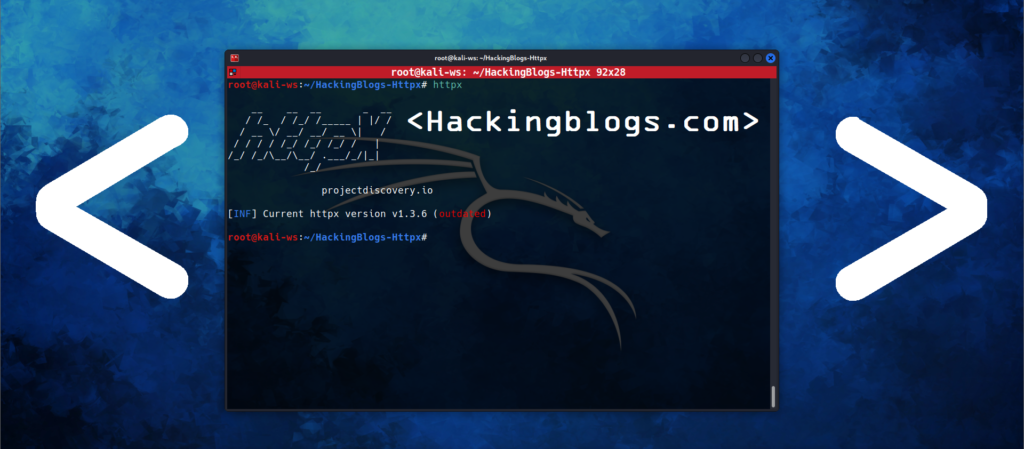TL;DR : Recent document leaks have shown Lexipol’s significant influence on public safety policy once again. Critics say that certain of its policies promote unethical behavior, such as excessive force and racial profiling. In one well-known instance, a regulation written by Lexipol was used as justification for shutting off a body camera during the 2019 police shooting of Eric Logan in South Bend, Indiana. This raised serious questions regarding accountability and the undercover influence of private businesses in public law enforcement.

Hello, family of Hackingblogs
This article explores a significant breach that should cause you to think carefully about the laws governing police enforcement in the United States. A significant data breach has exposed thousands of internal policy manuals, training materials, and private employee data, including phone numbers, email addresses, and physical addresses, belonging to the private company Lexipol, also known as PoliceOne.

Who Is Lexipol?

About 8,500 law enforcement and public safety organizations nationwide rely on Lexipol, also known as PoliceOne, a private firm with headquarters in Frisco, Texas, to provide policy manuals, training materials, and consulting services. Even though Lexipol works in the public sector, it has little disclosure and maintains complete copyright on its materials.

Although the company, which was founded by two former police officers who are now attorneys, tailors its procedures to comply with local regulations, its private nature raises questions regarding accountability and control over public institutions.
8,500+ Confidential Police Files Leaked by ‘Puppygirl Hacker Polycule’
The “Puppygirl Hacker Polycule,” a group of anonymous hackers, released more than 8,500 files from Lexipol, a commercial organization that creates policy documents and training materials for first responders, on Tuesday.


“There is little transparency on how decisions are made to draft their policies, which have an oversized influence on policing in the United States.”
Lexipol Said
Use of force, harmless options, procedures for confidential informants, and rules for high-speed pursuits are only a few of the many subjects covered in the leaked documents.
Given that Lexipol is a private company, concerns have been expressed about its broad control over public policing procedures. Critics say that this type of centralized policymaking may result in universal regulations that fail to take into account the particular requirements and ideals of many communities.
Data Exposed And Critics
Additionally, Lexipol has been criticized of encouraging discriminatory behavior. The corporation was requested to delete “illegal and vague directives” from its policies in 2017 by the American Civil Liberties Union (ACLU), which warned that such language could allow for racial profiling and harass immigrants.




In actuality, some departments who used Lexipol’s materials later encountered harsh criticism for practices that violate state and municipal regulations, despite the company’s stated intention of reducing legal risk for its clients. Despite having previously declared itself a “sanctuary city” that same year, Culver City, California police adopted a Lexipol guidebook in 2017 that encouraged police to utilize “lack of English proficiency” as a reason for arresting suspected undocumented immigrants.
After police detained a car accident victim using similar immigration policies in 2018, the city of Spokane, Washington, paid out a $49,000 settlement.

Unsettling information regarding the hidden integration of privatized police practices into hundreds of law enforcement organizations nationwide is revealed by the leaked Lexipol strategy guides. These records expose structural flaws that might threaten accountability and transparency, ranging from permitting random bodycam shutdowns to defending excessive force based on an officer’s size.
The need for democratic monitoring, community-driven changes, and ethical examination is greater than ever as Lexipol continues to influence public policy behind closed doors. These disclosures are a call to action as much as a wake-up call.


